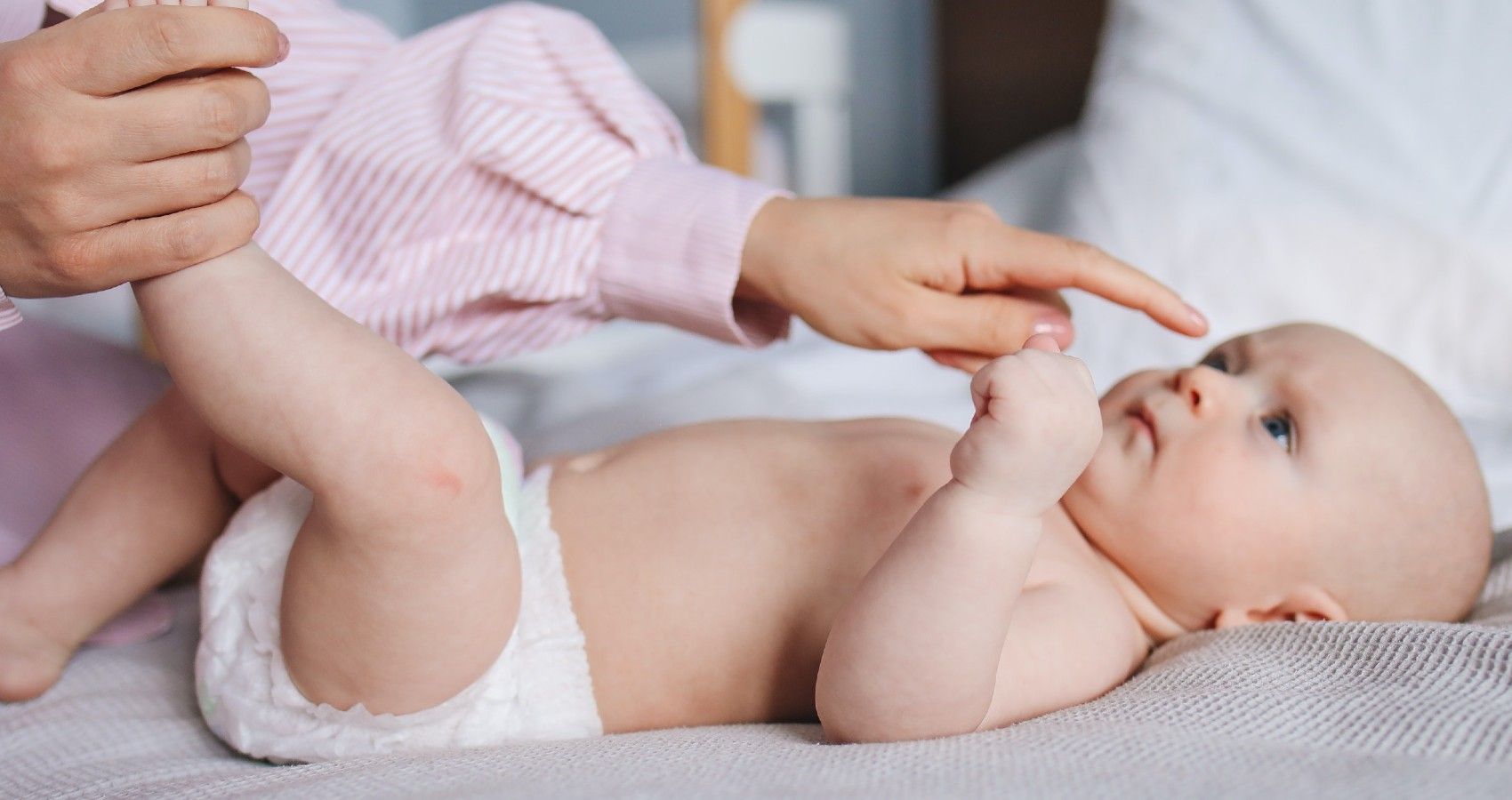A new study has found that a baby’s first poop after birth may be able to predict their risk of developing allergies. If there is anything that moms will become an expert in it is changing diapers. When a woman finds out she is expecting, she is already prepared to change a lot of diapers. However, not much can prepare them for the baby’s very first diaper change. This is usually black and thick, like tar, and it can catch a lot of moms by surprise. However, it may hold a lot of secret information that can impact the health of that baby as they grow older.
A baby’s first poop is known as meconium, and it could hold the secret on future allergies a child may have. According to Study Finds, a baby’s first diaper could predict their risk of future allergies, and this could be important information to parents and medical professionals.
The study was completed by the University of British Columbia and can be read in full here. They stated that if the baby’s first diaper contains meconium, it may reveal whether or not a child will develop an allergy by their first birthday. They found that children whose meconium was not as “rich” were more likely to develop allergy sensitiveness than those who a more “richer” substance.
The meconium is usually passed within a baby’s first day on this earth and it is a collection of skin cells, amniotic fluid, and molecules called metabolites. It is basically everything that the baby was exposed to before it was born.
The molecules that are formed become the first sources of food for the earliest gut microbes, and these microbes may be the indicator. When the researchers looked at the samples of meconium from 100 different babies, they found that the fewer molecules that a baby’s meconium had, the more likely they were to develop allergies.
What this all tells experts is that a healthy immune system and gut may start before a baby is even born, but what can they do with this information? The importance of this study cannot go understated. This information may allow them to point out at-risk infants who may need to be monitored as they grow.
Children with allergies are also more likely to develop asthma, and this means that interventions can be started earlier in life before they even show symptoms of allergies and asthma.
Sources: Study Finds, Cell

